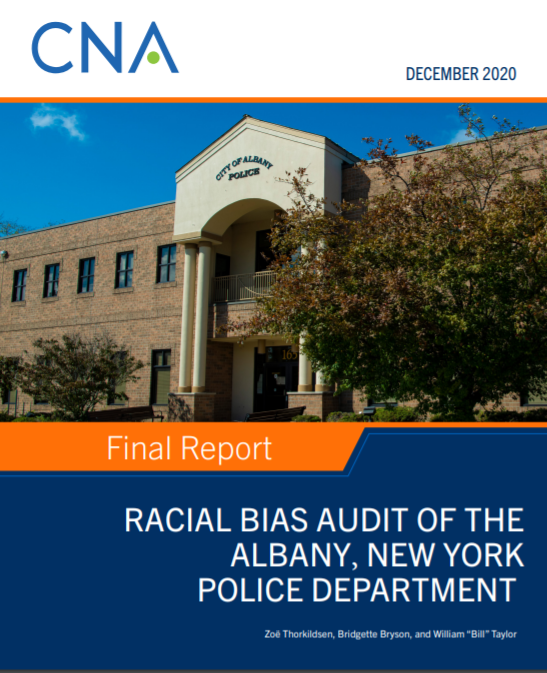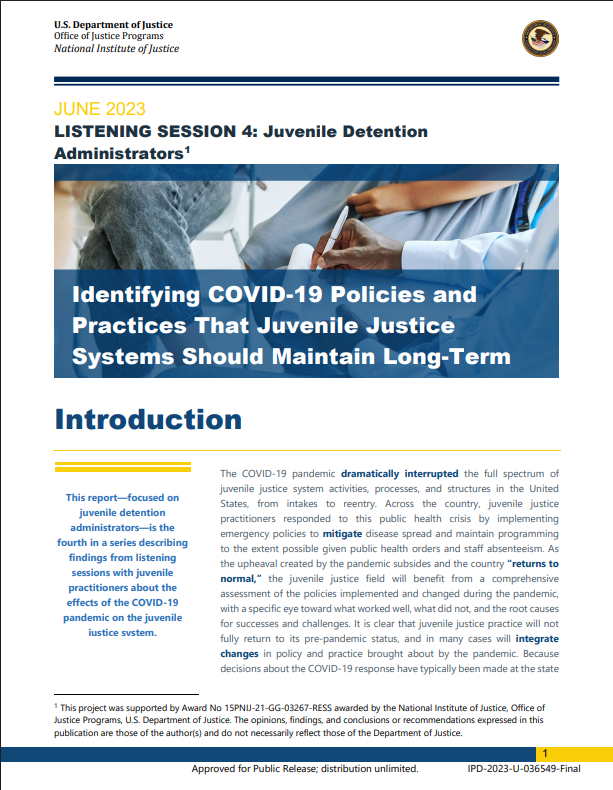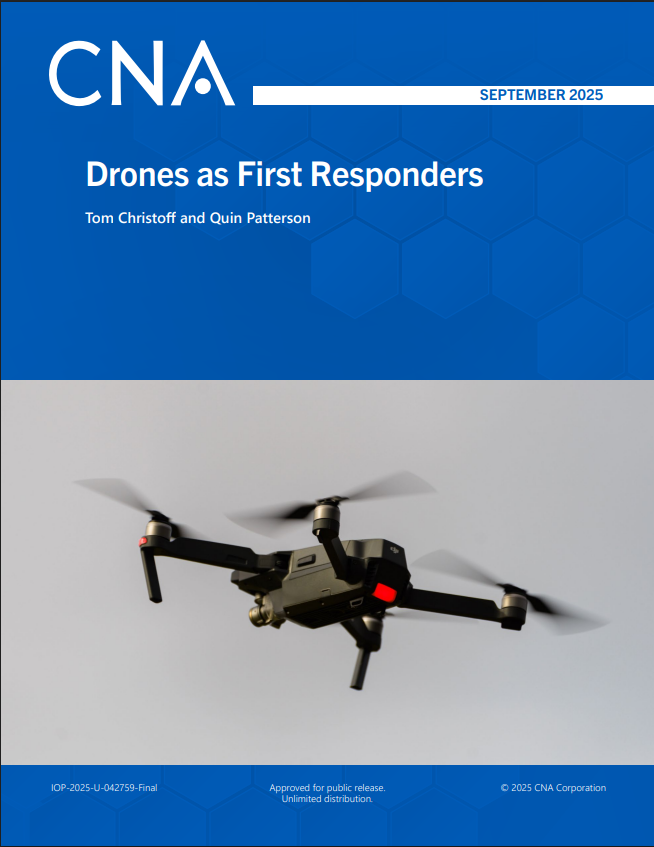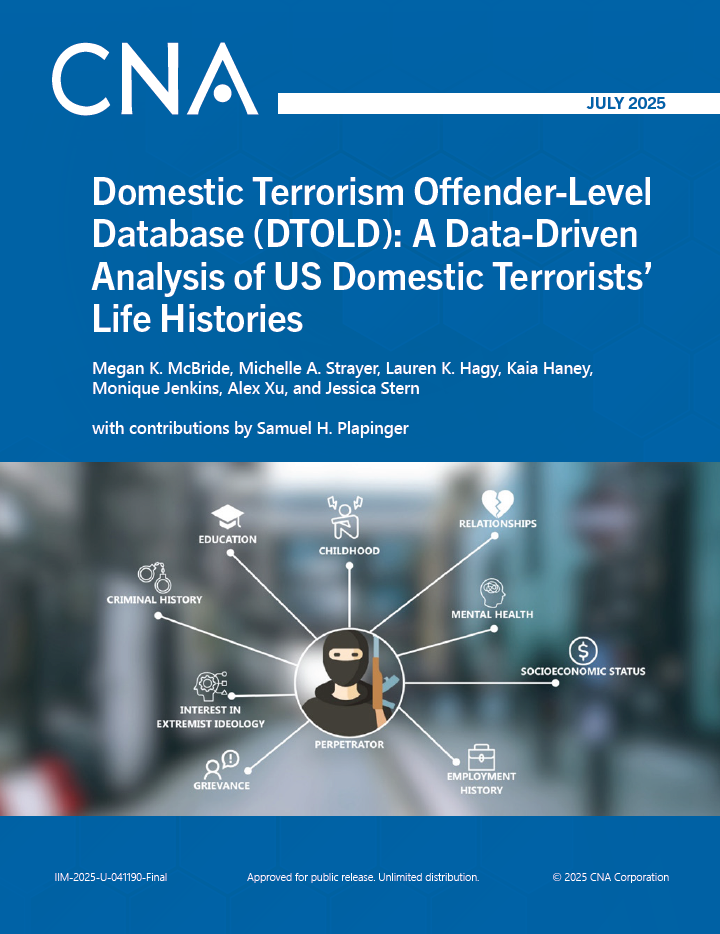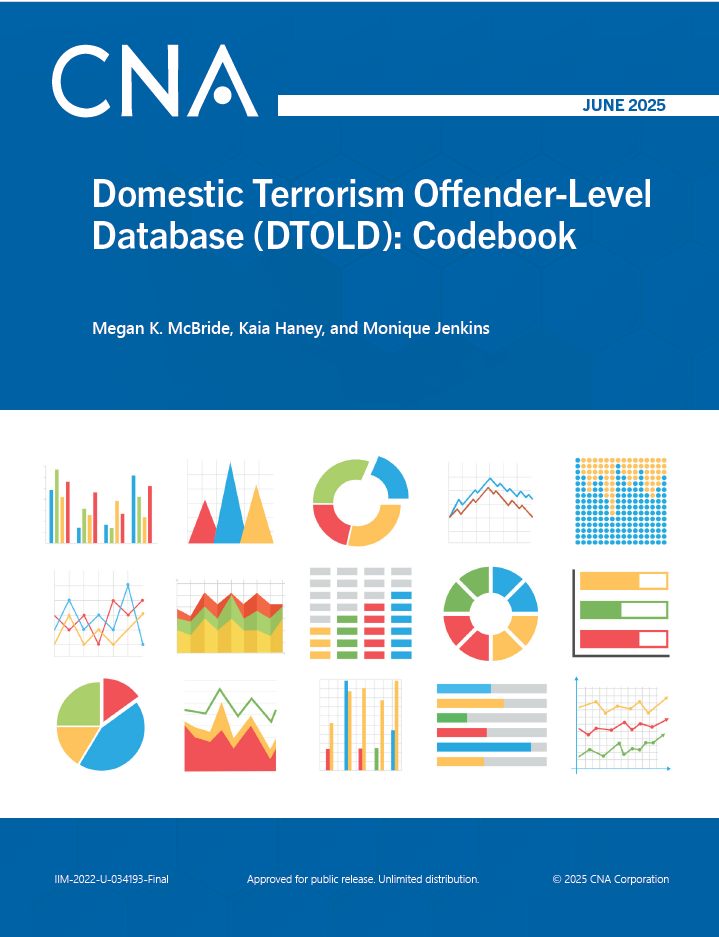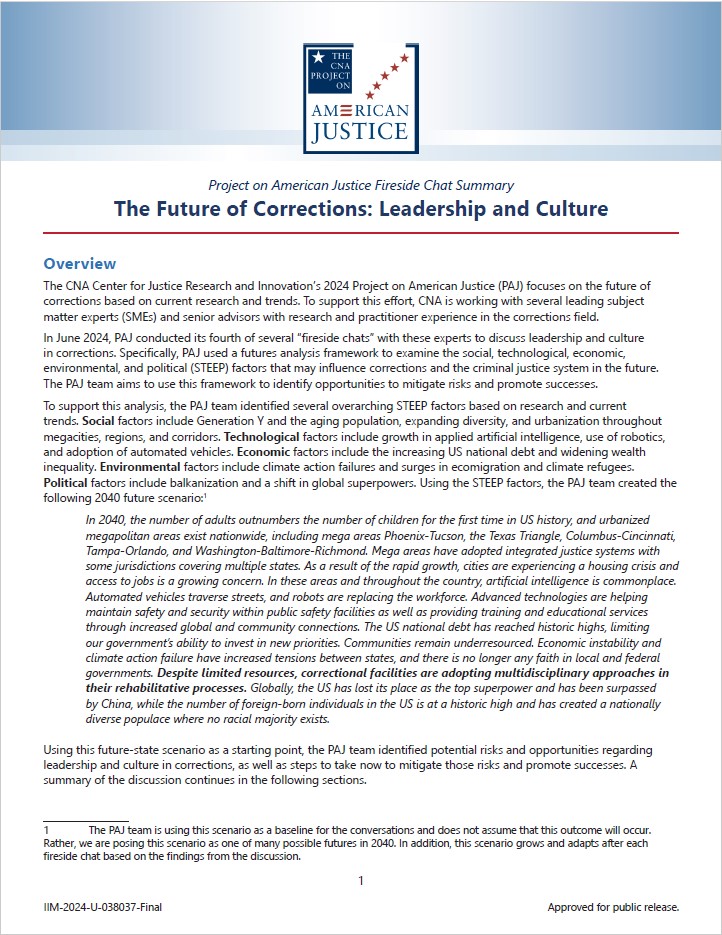Over the last decade, the Albany Police Department (APD) has pushed forward to engage the community in a positive manner, moving towards a mission that is focused on community policing practices. During this time, the Community Policing Review Board and the Common Council have recommended police reforms and legislation changes to further improve the police department, and they have called for change to address perceived disparate treatment of minority communities.
Following recent high-profile events, including the First Street Incident and the shooting of Mr. Ellazar Williams, APD has striven to improve their transparency and implement initiatives to increase community trust. Both of these incidents, along with the eruptions of public protests across the country, led the City of Albany to initiate an evaluation of policy, procedures, and practices of the police department. In addition, this audit will provide baseline information to inform the City of Albany’s response to Governor Andrew M. Cuomo’s Executive Order No. 203: New York State Police Reform and Reinvention Collaborative.1 In August of 2020, the City of Albany, through a competitive bid, selected the CNA Center for Justice Research and Innovation to conduct a racial bias audit of the APD.
The objectives of CNA’s racial bias audit included:
- Assess and monitor APD’s internal operations, policies, procedures, and practices to detect the presence of implicit bias and systemic racial bias.
- Collect and analyze data related to traffic stops, use of force, and other police officer/civilian interactions and determine the effect on Black community members.
- Assess compliance with existing police reform policies initiated by APD and enacted by the Albany Common Council (e.g., body-worn cameras (BWCs), Right to Know Identification Legislation, and Citizen Police Review Board).
- Provide actionable recommendations for reforms that eliminate racial and implicit biases in policing deployments, strategies, policies, procedures, and practices. Such recommendations must:
- Promote community engagement, transparency, professionalism, accountability, community inclusion, fairness, effectiveness, and public trust; and
- Be guided by evidence-based best practices and community expectations.
Based on CNA’s review of policy, procedures, and practices, as well as data provided by the APD, our key findings included:
- APD should improve data collection procedures for traffic stop data.
- Prior to the deployment of BWCs to detective personnel and future units, APD should update its BWC policy to reflect emerging best practices.
- Statistical differences by outcome of police stops are evident when comparing white people to people of color, further fueling community concerns about resisting arrest charges.
- Black community members initiate the majority of external complaints and civil rights lawsuits filed.
- APD personnel do not fully understand the community complaints process and how or when possible disciplinary actions could take place.
- The community complaints process is convoluted and poorly understood by community members, leading to mistrust and a perceived lack of procedural justice.
- APD should update its use of force policy so that officers better understand when they can or cannot use various forms of force.
- APD should make annual reports detailing use of force incidents publicly available to community members in the city.
- APD’s philosophy and culture have a strong focus on community policing practices; APD should reinforce this message to all personnel.
- APD should review the structure of the Neighborhood Engagement Unit and School Resource Officers for efficiency and effectiveness.
- APD’s website could benefit from a modern reconstruction so that each embedded page is easily accessible and allows community members to easily find current information on the organization and projects they are working on.
- The diversity of APD personnel does not reflect the racial makeup of the City of Albany.
- APD should review its recruitment and hiring practices and begin releasing annual reports on this data.
- The promotional process is of concern to personnel; APD should track this process in a database and standardize the performance evaluation process.
- APD should complete and house its annual reports of data designated in various General Orders on its website for easy access by all community members.
- APD participates in a long list of programs and should seek evaluations of these programs to determine their effectiveness and help allocate resources among them.
- There are community concerns that past proposed reforms have not been implemented, along with concerns that officers do not live in the City of Albany.
- The annual in-service training curriculum should be updated to include various topics, including but not limited to racial bias and cultural sensitivity training.
- Training is not consistent across the department, and personnel feel they need more training to sufficiently do their jobs.
Over the next year, APD will work with the City of Albany and community leaders to understand, prioritize, and implement the recommendations proposed in this report, reflecting their dedication to improving community trust. We recommend that APD and the City of Albany seek an independent firm to help implement these recommendations and track APD’s progress.
Download reportDistribution unlimited
Details
- Pages: 116
- Document Number: IRM-2021-U-029039
- Publication Date: 1/21/2021
